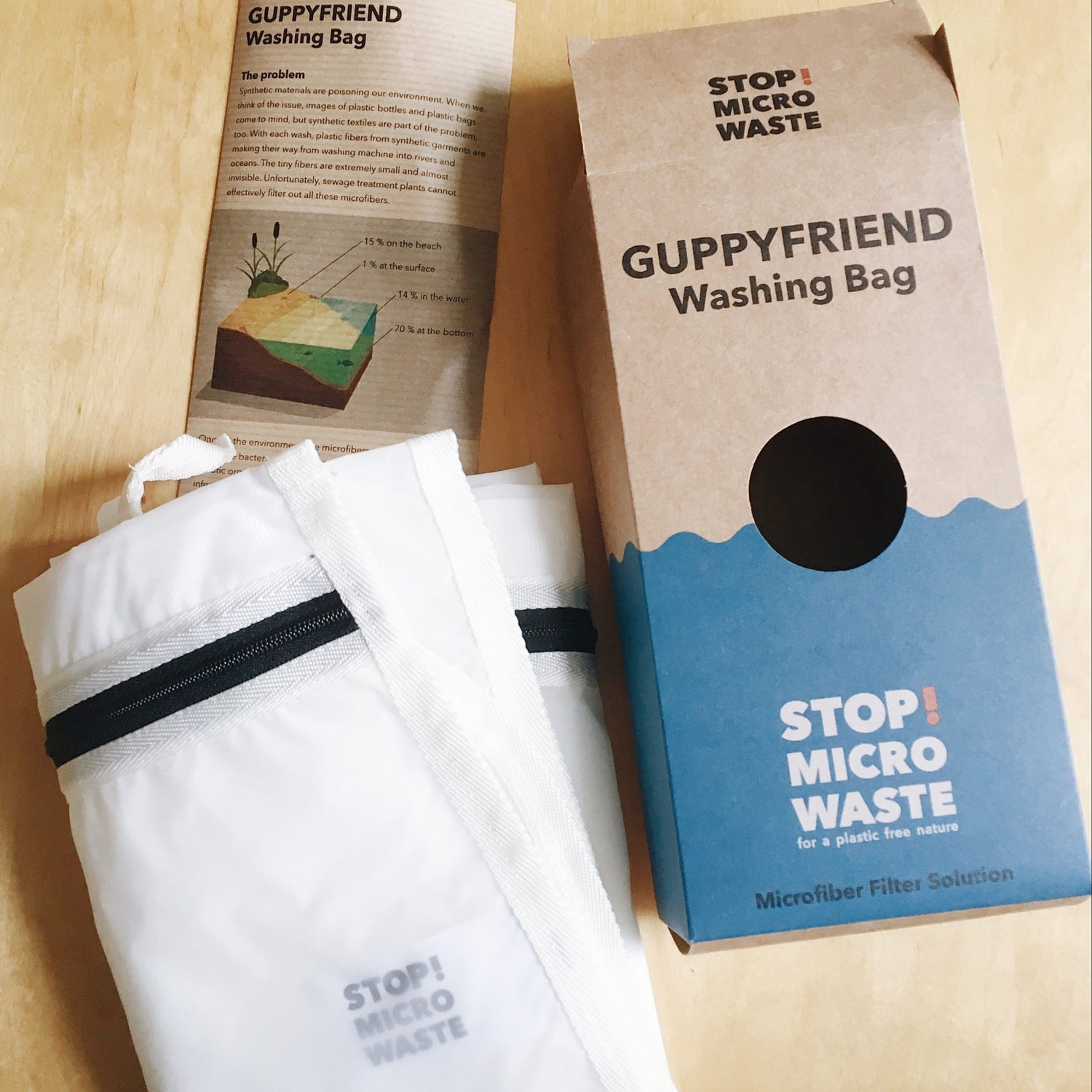
Recycled Polyester
Reimagining performance with responsibility
Recycled polyester (often rPET) gives bottles a second life. We use it where durability, stretch and quick-dry matter most (activewear, swim, accessories).

Why we use it
- Resource-smart: diverts plastic from landfills.
- Performance: light, strong, holds shape.
- Colour & print: crisp results that last.
Common concern: microfibres
Wash cold, use a filter/guppy bag, air dry. Less friction = fewer microfibres released.

Standards & traceability
We select suppliers working with recognised certifications (e.g., GRS) where applicable. Check each product page for fabric origin and composition.
Care
Cold wash, gentle cycle, avoid fabric softener, air dry, no high heat.
End-of-life
Prefer textile recycling streams; donate if the piece still has life.
